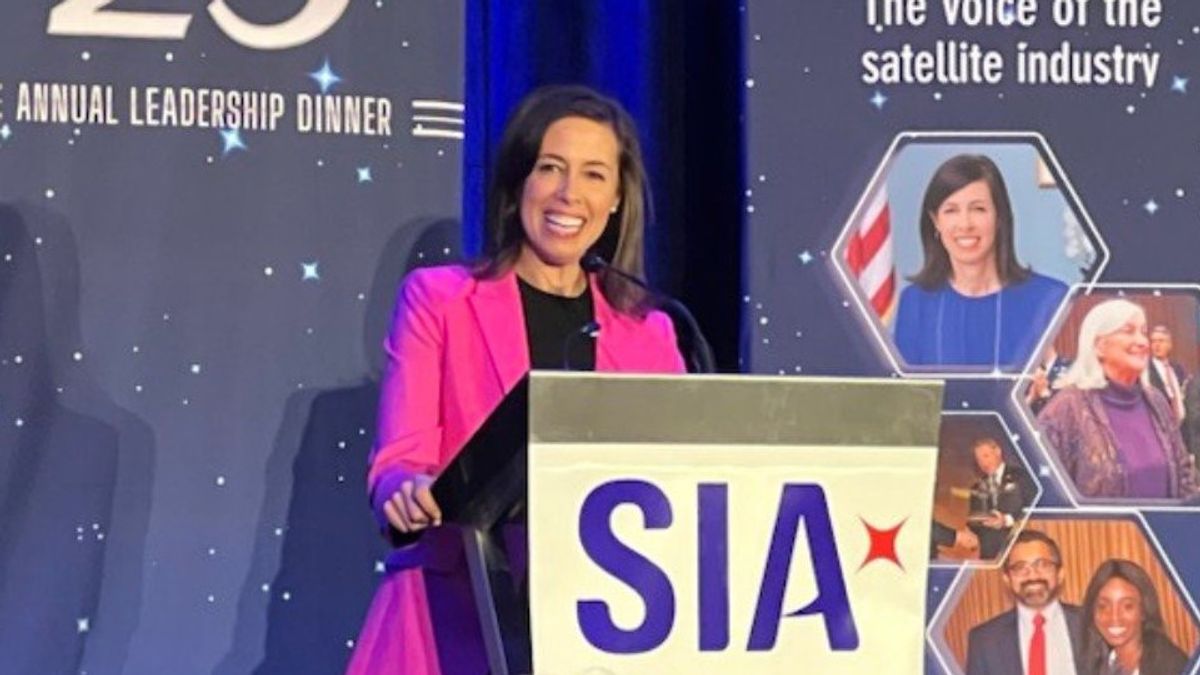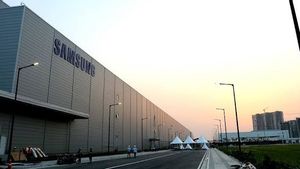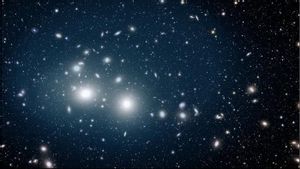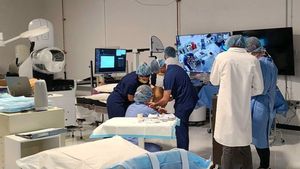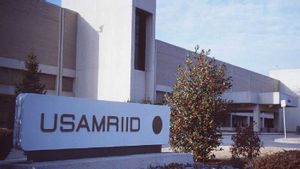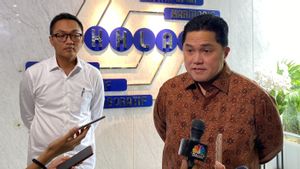JAKARTA Chairman of the US Federal Communications Commission (FCC) Jessica Rosenworcel proposed a new rule on May 29. This rule is concerned with an accidental explosion that creates debris in space. With the creation of this rule, companies or space agencies that apply for launch permits must assess and limit the possibility of accidental explosions. This possibility should be reduced to one in one thousand for each satellite. In making this rule, Rosenworcel uses a probability metric applied as standard by NASA. This unrestricted rule will be implemented during the mission until operations from its mission are completed. Actually, explosions in space are very rare. However, Rosenworcel said that this rule remains necessary to drive sustainability in space. This rule is also necessary to offset dense orbits. "We are no longer able to launch a new satellite into space without considering space sustainability," Rosenworcel said, quoted from Spacenews. "Our orbital debris mitigation efforts will help preserve the orbital environment."
SEE ALSO:
This proposed rule will be a new requirement if the majority of the five FCC commissioners give approval. Most likely, this rule will be implemented in stages within a year of publication. Currently, satellite license holders only need to emphasize that they have mitigated the risk in an effective manner. However, once passed, satellite license holders must make an assessment so that the satellite is proven to have a small probability metric.
The English, Chinese, Japanese, Arabic, and French versions are automatically generated by the AI. So there may still be inaccuracies in translating, please always see Indonesian as our main language. (system supported by DigitalSiber.id)
